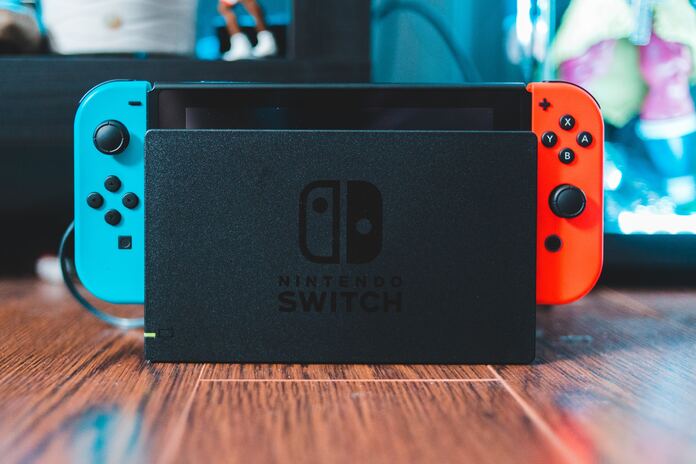Nintendo (OTCMKTS:NTDOY) faced a significant setback in the stock market as shares dropped by up to 8.8% following reports of a delay in the release of its next Switch console, adding to the challenges in the gaming sector.
Reported Delay Sparks Investor Concerns
Investor sentiment soured upon learning about the purported delay in Nintendo’s successor to the Switch console, which is now reportedly pushed to early 2025. Despite Nintendo’s prior indications of working on new hardware and software, including a potential “Switch 2,” the company has yet to officially address the delay reports, contributing to market unease.
Partner Advisories Point to Delay
Reports suggest that Nintendo’s partners have been advised not to expect a new console until March 2025 at the earliest, further dampening investor outlook. This delay comes at a crucial time for Nintendo, with projections indicating a significant decline in Switch sales compared to previous years.
Implications for Nintendo’s Strategy
While Nintendo derives more revenue from software sales, the delay in new hardware could impact the release schedule for major franchises like Legend of Zelda. Analysts speculate that Nintendo may withhold new game releases until the launch of next-generation hardware, potentially altering its strategic approach in the interim.
Sector-Wide Challenges
Nintendo’s stock drop reflects broader challenges within the gaming sector, with Sony also experiencing a downturn in shares due to revised sales forecasts for the PlayStation 5. Additionally, the industry faces workforce reductions, possibly linked to pandemic-related shifts in consumer behavior and recent acquisitions.
Industry Layoffs and Market Realities
Mass layoffs across the gaming sector, totaling at least 6,000 employees, highlight ongoing challenges exacerbated by the pandemic and shifting market dynamics. While acquisitions may account for some layoffs, the industry grapples with consumer spending shifts and evolving preferences, impacting both hardware and software sales.
Stagnating Market Growth
Data showing marginal growth in U.S. video game spending in recent years underscores the industry’s current stagnation, with 2021’s pandemic-driven peak unlikely to be sustained. As consumers redirect spending and studios reassess their strategies, the gaming sector faces uncertainties that extend beyond hardware delays and sales forecasts.
In summary, Nintendo’s share drop reflects broader challenges facing the gaming industry, with delayed console releases, revised sales projections, and workforce reductions indicative of a shifting landscape marked by evolving consumer preferences and market realities.
Featured Image: Unsplash















